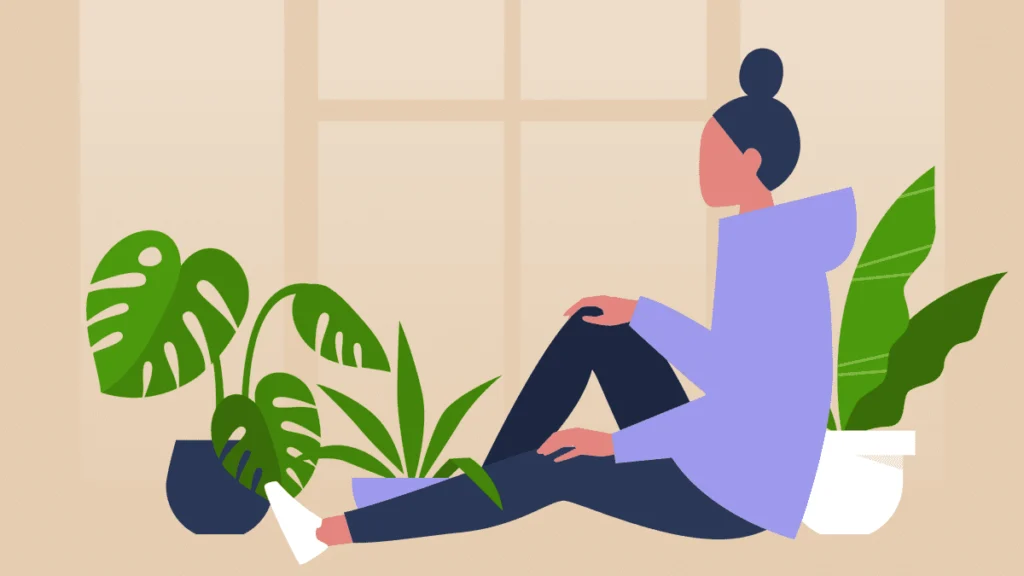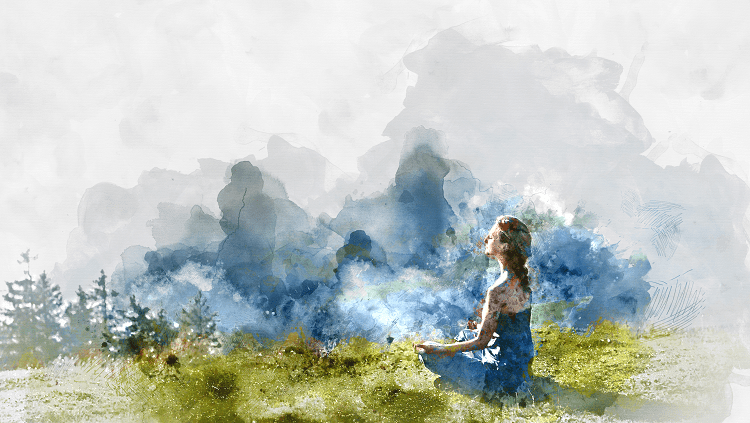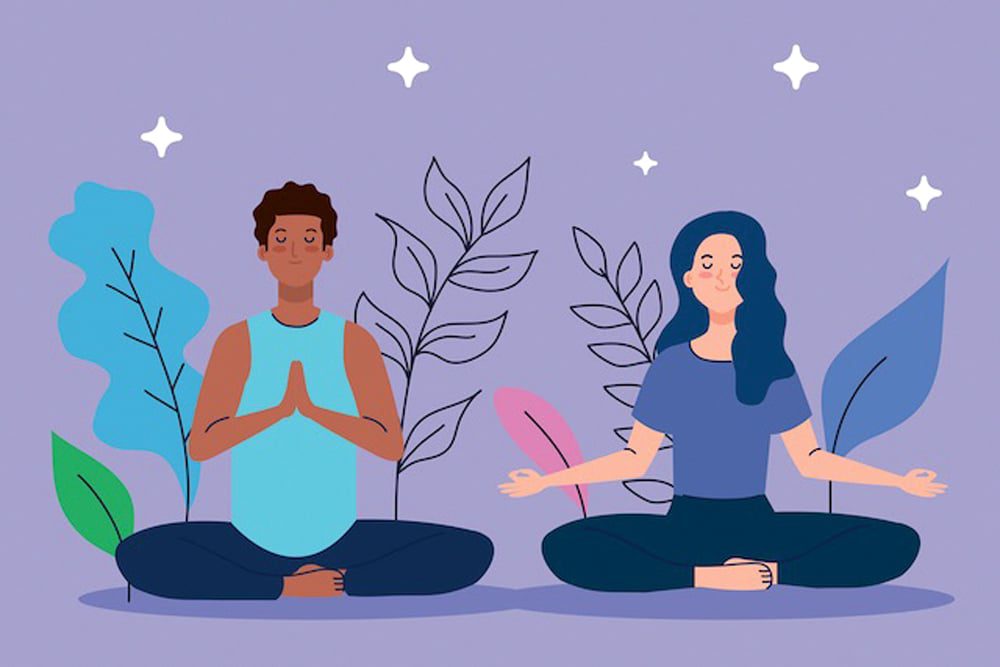
-
Pinterest
In today’s world, where the pace of life seems only to accelerate, more and more people are turning to meditation as a way to slow down, reconnect with themselves, and find peace amidst the chaos. Meditation is not about becoming a different person, a new person, or even a better person. It’s about training in awareness and getting a healthy sense of perspective. You’re not trying to turn off your thoughts or feelings. You’re learning to observe them without judgment. And eventually, you may start to better understand them as well. This article will give you a basic guide to meditation.
What is Meditation?
At its core, meditation is a simple practice of mindfulness or focused attention, designed to help you become more present in your everyday life. This ancient practice can take numerous forms but generally aims to develop clarity, concentration, and emotional positivity. By engaging with a particular meditation practice you learn the patterns and habits of your mind, and the practice offers a means to cultivate new, more positive ways of being. With regular work and patience, these nourishing, focused states of mind can deepen into profoundly peaceful and energized states of mind. Such experiences can have a transformative effect and can lead to a new understanding of life.
A Basic Guide to Meditation

-
Pinterest
Meditation involves sitting in a relaxed position and clearing your mind, or focusing your mind on one thought and repeatedly bringing your attention back to that focus when it wanders. The idea is to simplify, to strip away the noise and clutter. In this space, you might find peace, clarity, and a new perspective. Here are a few basic steps to get you started:
Choose Your Meditation Style
There are many different ways to meditate, from mindfulness meditation, which involves paying attention to your thoughts as they drift through your mind, to mantra meditation, which involves repeating a word or phrase to focus your thoughts. Other styles include walking meditation, loving-kindness meditation, and body scan meditation. Experiment with different types until you find one that feels right.
Find a Quiet Space
Ideally, find a place where you won’t be interrupted. This could be a quiet corner of your home, a peaceful outdoor spot, or any place where you can sit for a few minutes undisturbed.
Set a Time Limit
If you’re just beginning, it might help to choose a short time, such as five or ten minutes. As you get more accustomed to meditation, you can gradually extend your meditation time.
Pay Attention to Your Body
You can sit in a chair with your feet on the floor, you can sit loosely cross-legged, you can kneel—all are fine. Just make sure you are stable and in a position you can stay in for a while.
Feel Your Breath
Follow the sensation of your breath as it goes in and as it goes out. Inhale deeply through your nose, allowing your chest and lower belly to rise, and exhale slowly through your mouth. This simple process is often enough to anchor your concentration.
Notice When Your Mind Has Wandered
Inevitably, your attention will leave the breath and wander to other places. When you get around to noticing that your mind has wandered—in a few seconds, a minute, five minutes—simply return your attention to the breath.
Be Kind to Your Wandering Mind
Don’t judge yourself or obsess over the content of the thoughts you find yourself lost in. Just come back.
Close With Kindness
When you’re ready, gently lift your gaze (if your eyes are closed, open them). Take a moment and notice any sounds in the environment. Notice how your body feels right now. Notice your thoughts and emotions.
Benefits of Meditation

-
Pinterest
Practicing meditation regularly can offer numerous health benefits, such as reduced stress and anxiety, improved attention and concentration, and an overall sense of well-being. People often report feeling more grounded and peaceful, even during busy days. Others use meditation as a tool for spiritual growth, enhancing their connection with their inner selves.
You might be interested for:
- Finding Gratitude in Tough Times: A Guide to Stay Positive
- Brighten your Day: 20 Ways to Boost your Mood
- How Creativity Helps Us Feel Less Lonely and More Connected
Meditation is a Journey, Not a Destination
Meditation is a journey, not a destination. It’s about finding your path to peace and presence. Like any skill, it takes practice and patience to reap the benefits. If you meditate regularly, even for short periods, you can discover profound truths about yourself and the world around you.
Finding your Zen in today’s hectic world might not be easy, but it’s worth the effort. A few minutes of meditation a day can change the way you experience life. It’s about taking a step back, finding a moment of peace amid the turmoil, and learning to enjoy the journey, one breath at a time.
